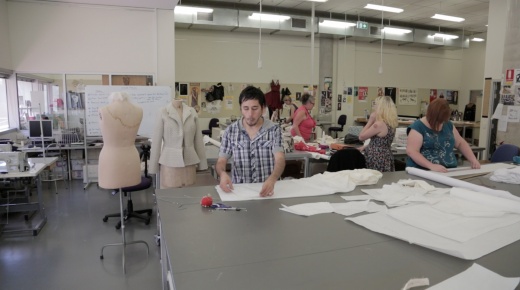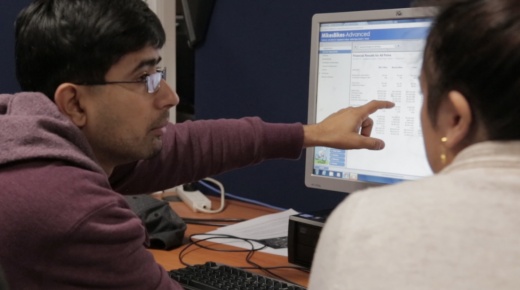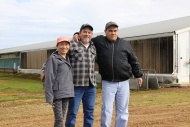Community Services

Many people have personal or social needs that cannot be met at home or at work, which can cause emotional, physical or psychological hardship. But those needs don't have to be overlooked. Luckily, there are services and facilities designed to help. You will be working with community groups, identifying what services people actually need. They work alongside welfare officers and various community service agencies, to encourage and assist people to meet those needs. They are also instrumental in the development of community services, which can have a powerful effect on people's lives. They help all types of people, of different ages and in various settings. It could be the residents of a nursing home, young people at a youth shelter, people at a centre for the disabled, people in Aboriginal communities or migrants and refugees that need their support
Counsellors may specialise in working with a particular group such as people from non-English-speaking backgrounds, Aboriginal and Torres Strait Islander people or single parents. Or they may specialise in a service area such as health, accommodation, relationships, employment, career development, grief and loss, stress management, child development and abuse issues.
Employment forecasts indicate above average employment prospects in this occupation. An increase in a range of social problems, such as a growing number of homeless people, marriage breakdowns, increasing numbers of people with financial difficulties, unemployment and literacy problems, all indicate an ongoing need for community services. However, despite growth in this occupation, there are large numbers in training and competition for available places can be intense. Employment prospects also depend on the level of government funding allocated to community organisations.
Most counsellors and community workers are working in community and health service organisations. These organisations offer a wide range of support services to the community, including family support, resettlement programs for migrants and refugees, community and adult education, counselling services and programs for children. They also undertake various community projects. Counsellors and community workers are employed to plan, develop and deliver these programs and services. This may involve the delivery of adult literacy programs or programs that help women prepare for re-entry into the workforce. Financial planning is another area where some people in the community need special help.
Community service course will cover the following: implement community development strategies, develop, facilitate and monitor all aspects of case management, develop, implement and promote effective workplace communication, conduct complex assessment and referral, work within a structured counselling framework, work intensively with clients, plan and conduct group activities, confirm client developmental status, analyse impacts of sociological factors on clients in community work and services, reflect on and improve own professional practice, contribute to WHS processes and 7 additional electives.
For more about the Community Services courses visit their course website: here














